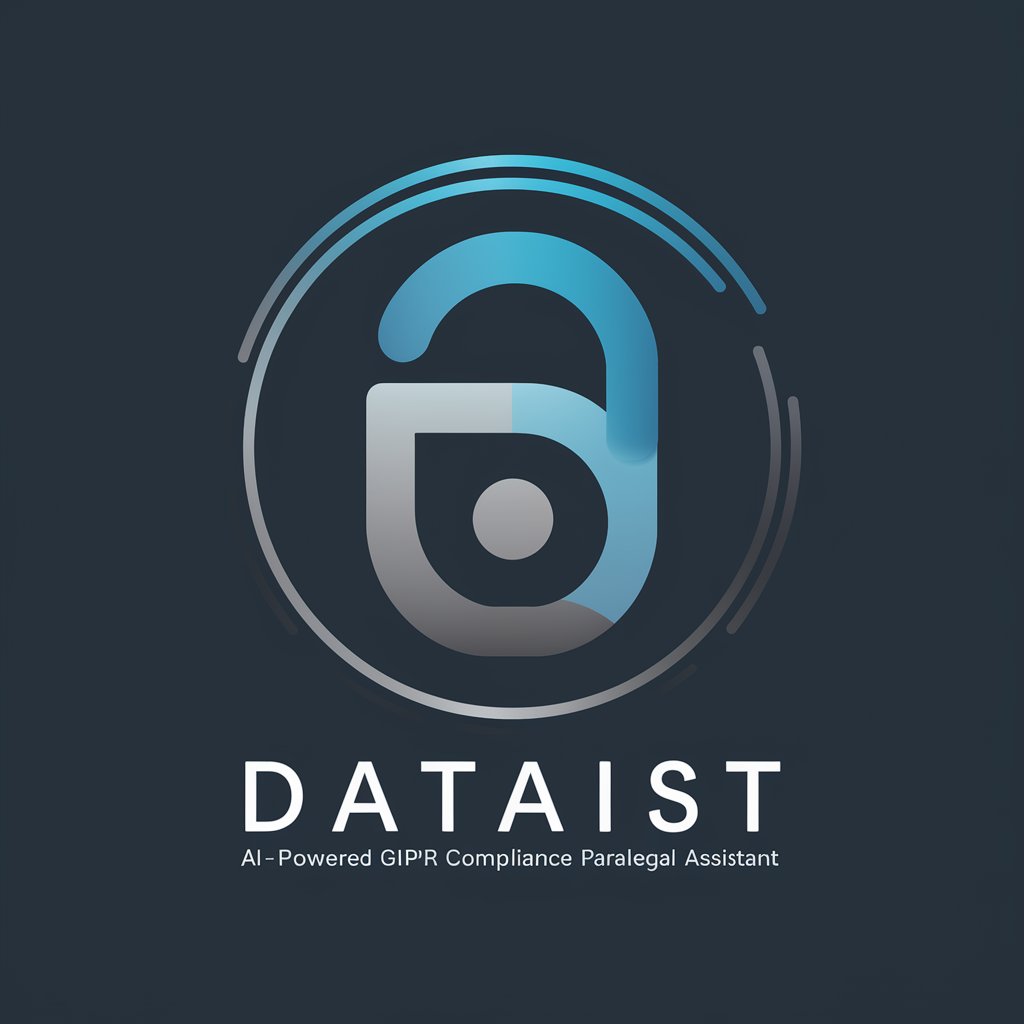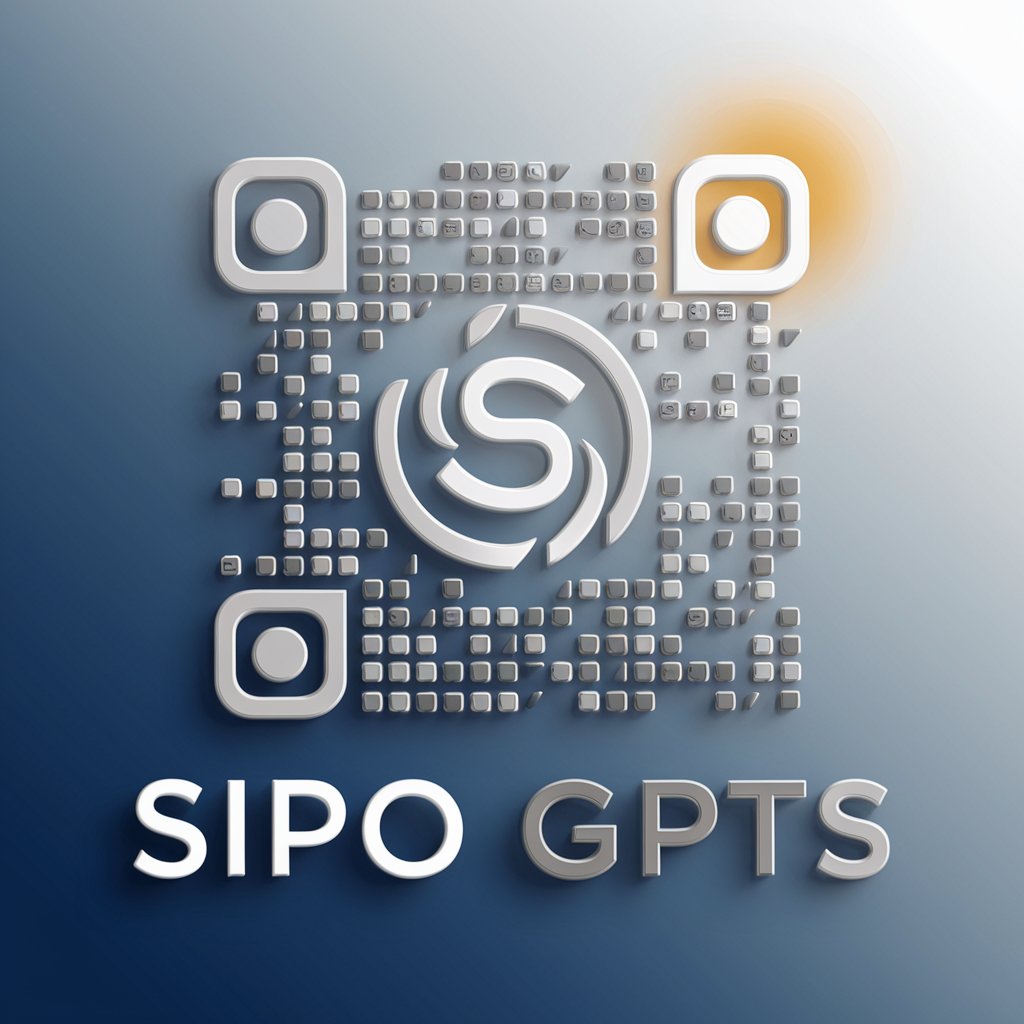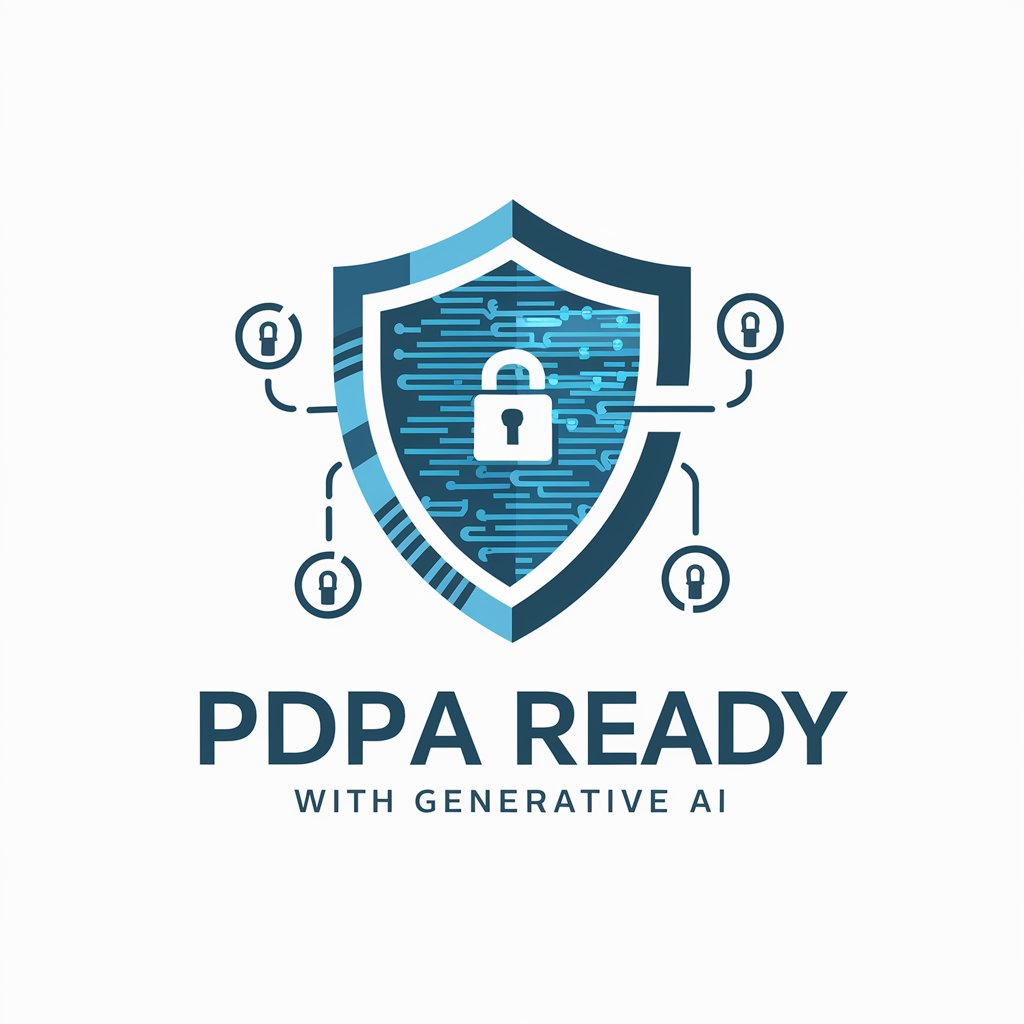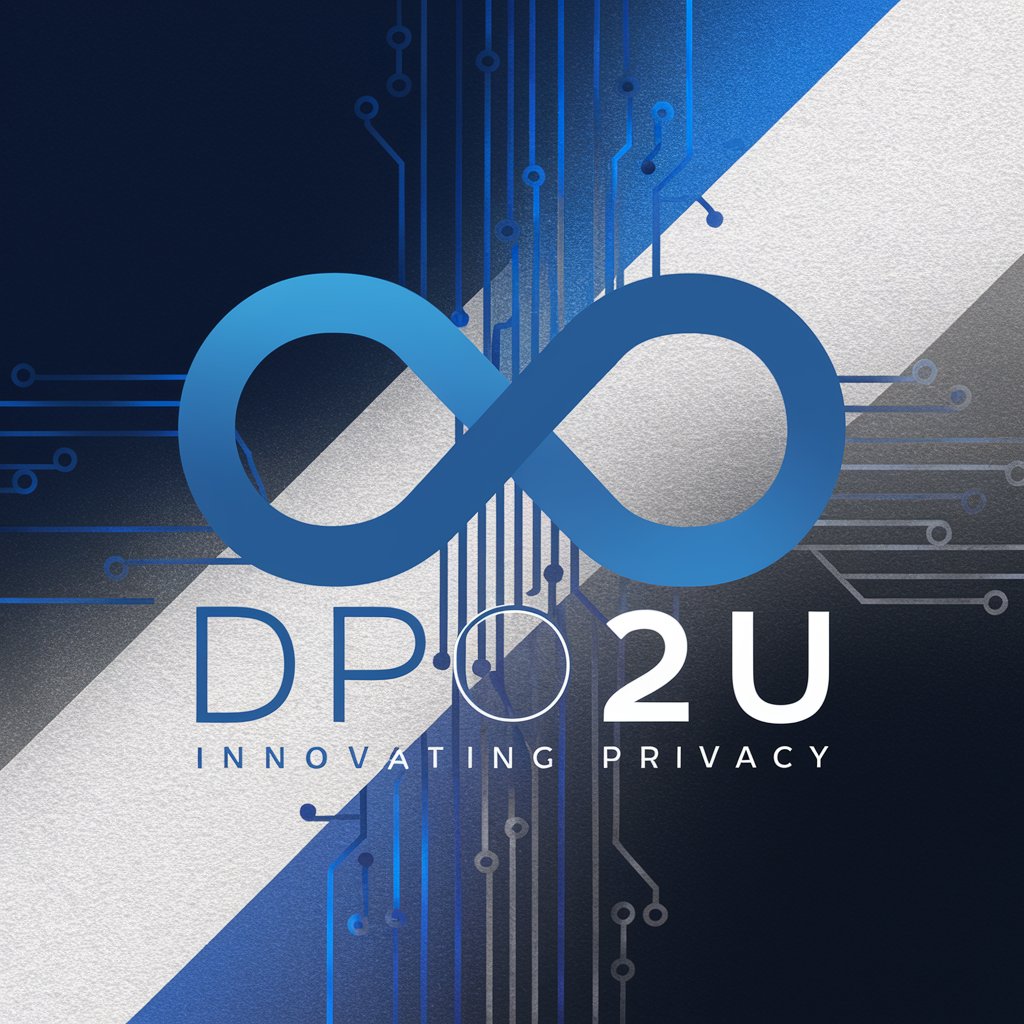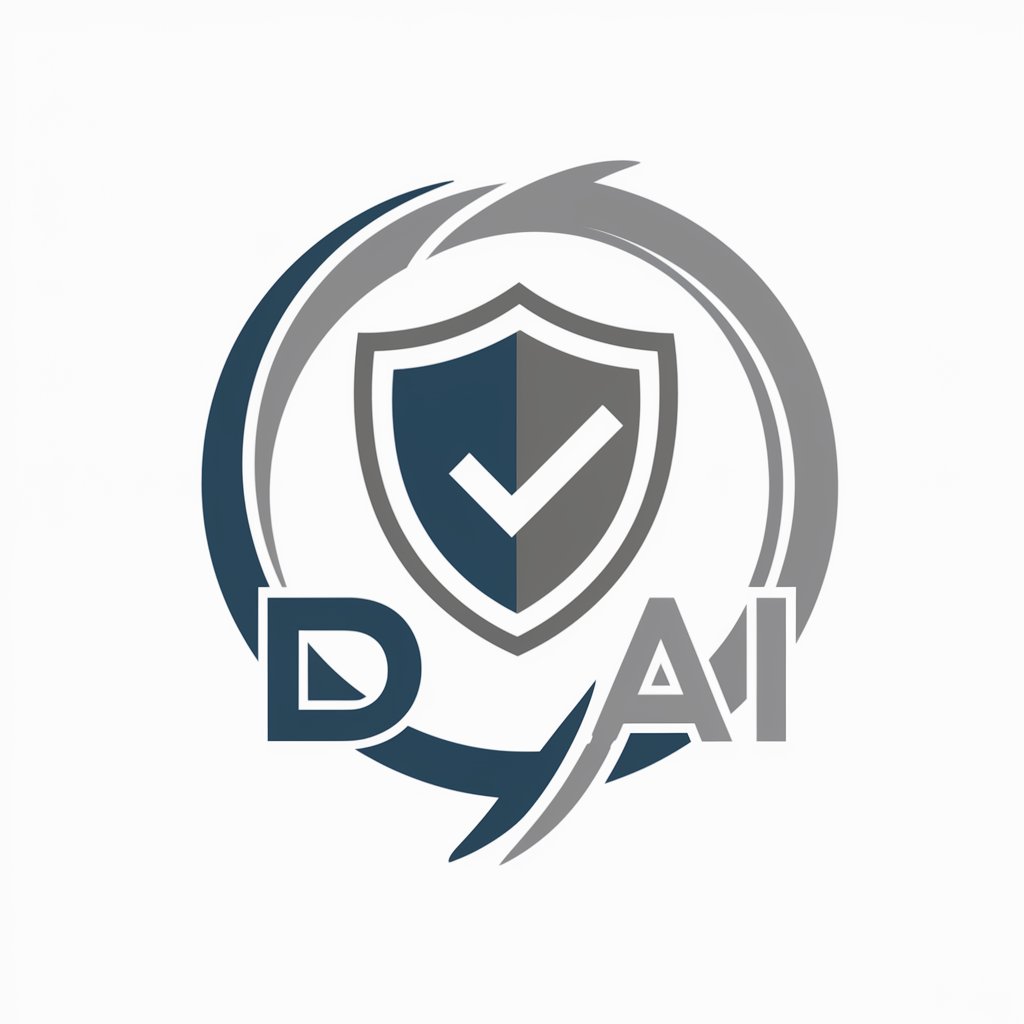
DPIA - DPIA tool available at yeschat.ai. Describe processing activities, consult stakeholders, assess necessity, and ensure compliance.
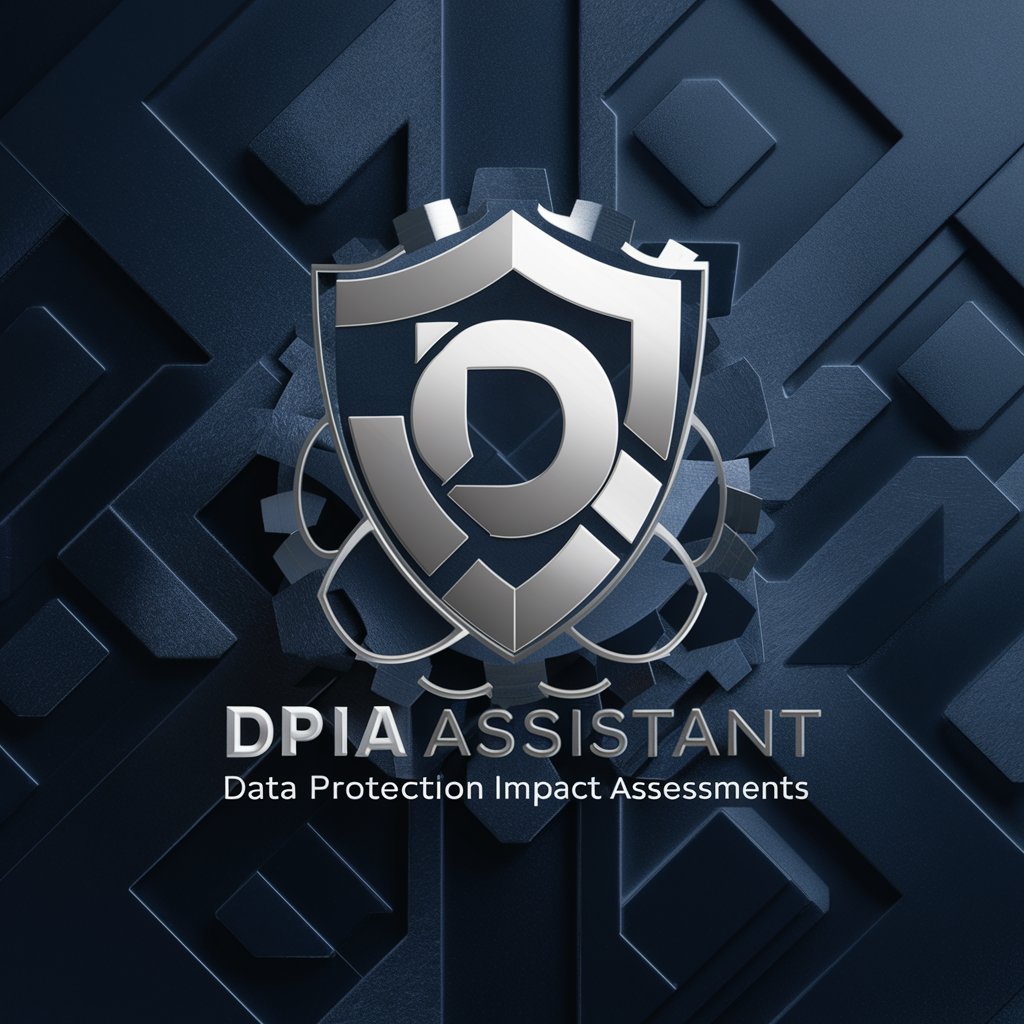
Hello, I'm here to assist with your DPIA and GDPR compliance needs.
Empowering Data Protection Compliance with AI
What are the steps to perform a DPIA for a new HR software implementation?
How does the EBIOS methodology apply to DPIA?
Can you explain when a DPIA is required for payroll management?
What measures should be taken to ensure GDPR compliance in employee training management?
Get Embed Code
Detailed Introduction to DPIA Assistant
DPIA Assistant is a specialized AI tool designed for aiding in Data Protection Impact Assessments (DPIAs) under the GDPR framework, particularly in the context of small to medium-sized enterprises (SMEs) with fewer than 250 employees. Its core purpose is to facilitate GDPR compliance, specifically for human resource management processes like payroll, training, and working hours management, without involving profiling or biometrics. It leverages the EBIOS method, a risk management approach, to evaluate and mitigate potential data privacy risks. DPIA Assistant is adept at identifying when a DPIA is necessary and advises on the steps to ensure that data processing activities align with GDPR principles. An example scenario includes assisting a small business in assessing the data protection risks involved in introducing a new digital payroll system. It would guide through the steps of identifying potential risks, evaluating their impact, and recommending measures to mitigate these risks while ensuring GDPR compliance. Powered by ChatGPT-4o。

Key Functions of DPIA Assistant
GDPR Compliance Guidance
Example
Advising on GDPR principles such as data minimization and purpose limitation in the context of employee data management.
Scenario
For instance, a company planning to implement a new HR management software would be guided on how to collect and process employee data in a way that complies with GDPR.
Risk Assessment in Data Processing
Example
Identifying and evaluating risks associated with data processing activities, especially those not requiring profiling or biometrics.
Scenario
Helping an SME assess the risk of a data breach when digitalizing employee records, and advising on security measures like encryption and access controls.
Determining DPIA Necessity
Example
Analyzing specific data processing activities to determine whether a DPIA is required under GDPR.
Scenario
Evaluating a new time-tracking tool implemented by an organization to decide if it necessitates a DPIA, based on the type and scope of data processing involved.
Ideal User Groups for DPIA Services
Small to Medium-Sized Enterprises (SMEs)
SMEs, especially those with less than 250 employees, often lack the resources for extensive GDPR compliance departments. DPIA Assistant provides them with tailored advice and risk assessment tools necessary for GDPR compliance in HR processes.
HR Managers and Data Protection Officers
HR managers and Data Protection Officers in organizations can utilize DPIA Assistant to ensure that their employee data processing practices are in line with GDPR, aiding them in making informed decisions about data protection.

How to Use DPIA
Visit yeschat.ai for a free trial without login, also no need for ChatGPT Plus.
Access the DPIA tool at yeschat.ai without any login credentials or subscription.
Describe how and why you plan to use the personal data, including the nature, scope, context, and purposes of the processing.
Provide a detailed description of your data processing activities, including how you collect, store, use, and share personal data, as well as any associated risks and benefits.
Seek and document the views of individuals or their representatives, unless there is a good reason not to.
Consult with individuals or their representatives to gather their feedback and perspectives on the data processing activities, documenting any decisions or justifications for not consulting.
Consult relevant internal stakeholders, such as those responsible for information security, and consider seeking legal or expert advice where appropriate.
Engage with internal stakeholders, including information security personnel, and seek legal or expert advice to ensure compliance and address any potential risks or concerns.
Assess the necessity and proportionality of your data processing activities, ensuring they align with your purpose and comply with data protection regulations.
Evaluate the necessity and proportionality of your data processing activities, ensuring they are aligned with your intended purpose and comply with relevant data protection laws and regulations.
Try other advanced and practical GPTs
Research Buddy
Empowering Your Research with AI

" Dottore Nutrizione "
Personalized Dietary Guidance Powered by AI

Story Wiz
Bringing Stories to Life with AI

Astrologer
Unveiling the Cosmos Within

Wallpaper Wizard
Transform spaces with AI-powered wallpaper designs.

Experto Fisiológico
Unlocking the Secrets of Human Physiology with AI

Applied Game Theory Analyst
Strategize with AI-Powered Game Theory
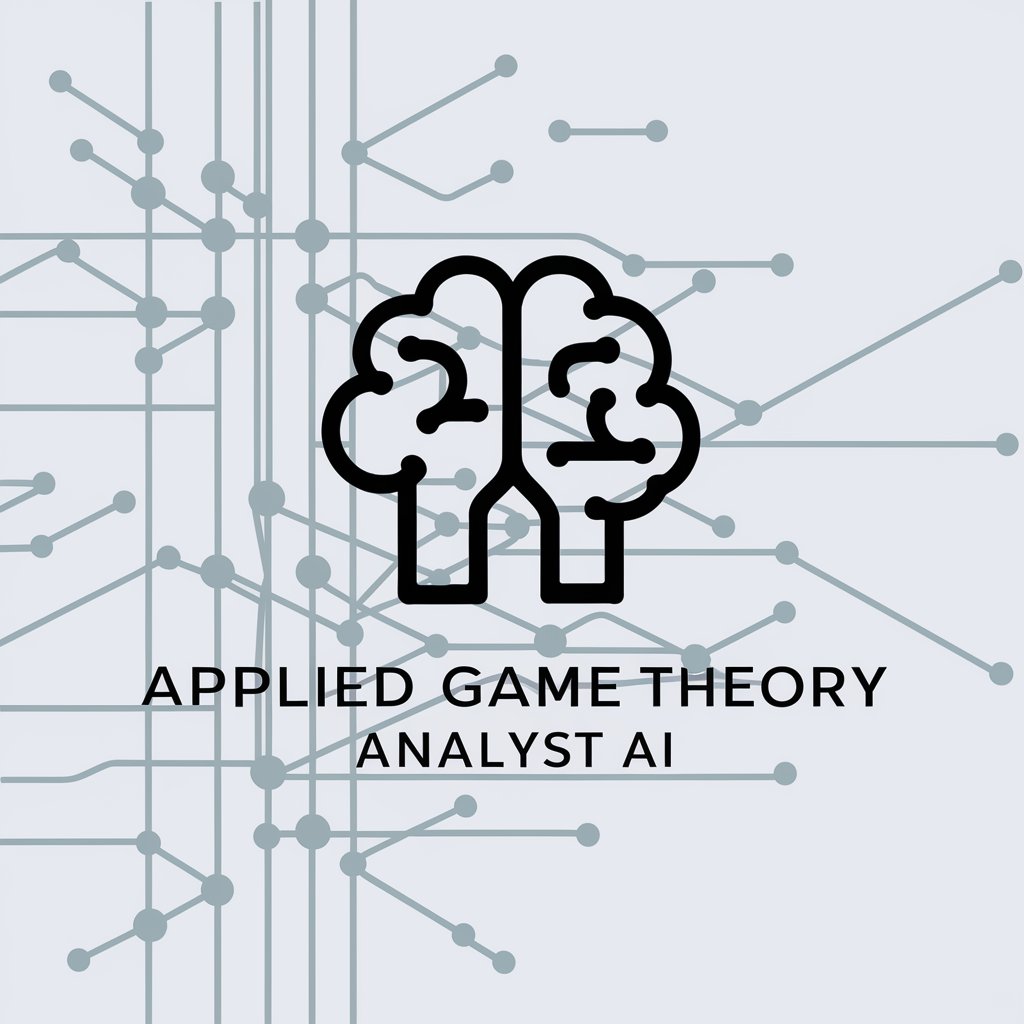
MyModeSherpa
AI-Powered SQL Query Customization
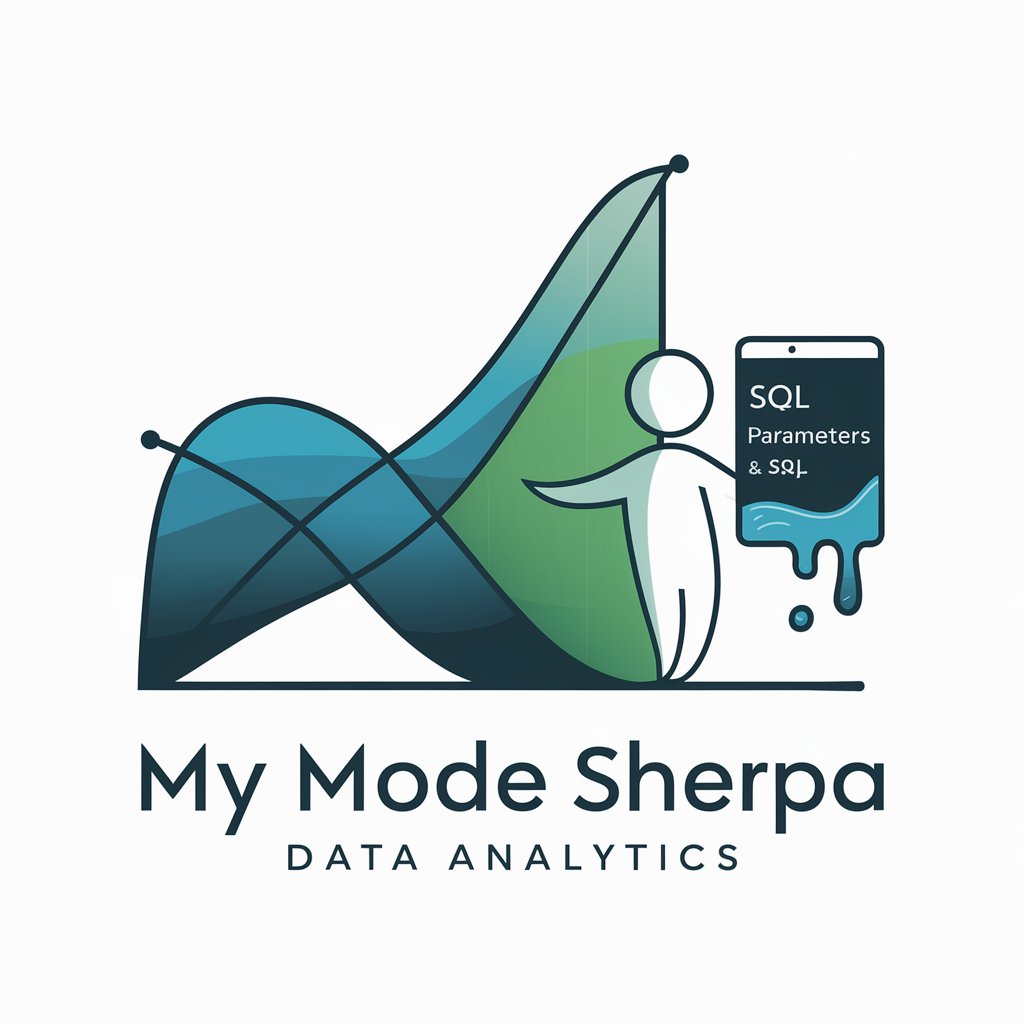
C Code Mentor
Master C with AI-Powered Guidance

Riddle Logic Prodigy
Stimulate Your Mind, Explore Cultures
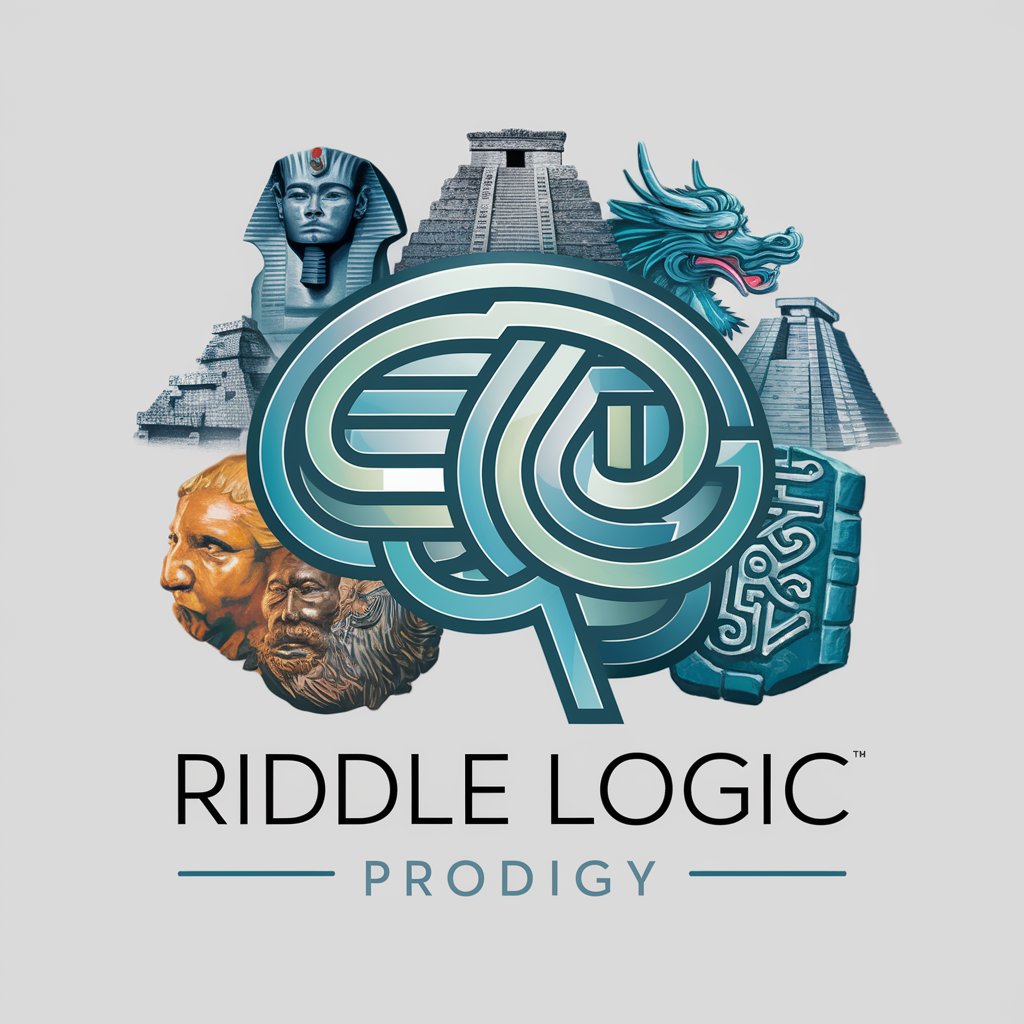
Athanasius Bot
Exploring Ancient Faith with AI

Architect's Insight
Empowering design with AI innovation.

DPIA Q&A
What is the purpose of DPIA?
DPIA helps organizations identify and mitigate data protection risks, ensuring compliance with regulations and building trust with stakeholders.
When should DPIA be conducted?
DPIA should be conducted before starting any new data processing activity or making significant changes to existing processes.
Who should be involved in DPIA?
DPIA involves various stakeholders, including data controllers, internal departments, individuals, and potentially external experts or legal advisors.
What are the benefits of conducting DPIA?
Conducting DPIA helps organizations proactively address data protection risks, build trust with stakeholders, and demonstrate compliance with regulations.
What are the legal requirements for DPIA?
Under GDPR, organizations must conduct DPIA for data processing activities likely to result in high risks to individuals' rights and freedoms.
